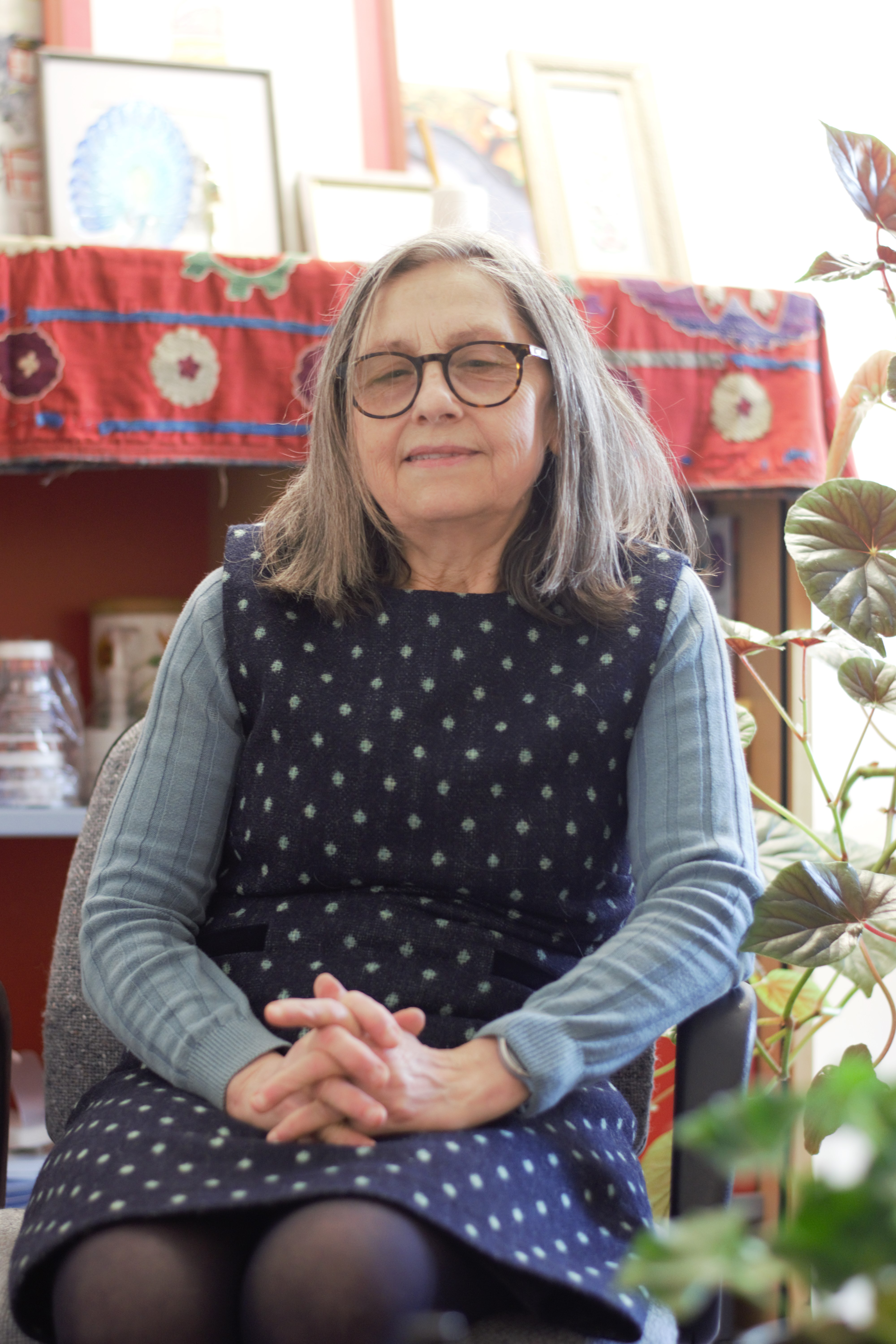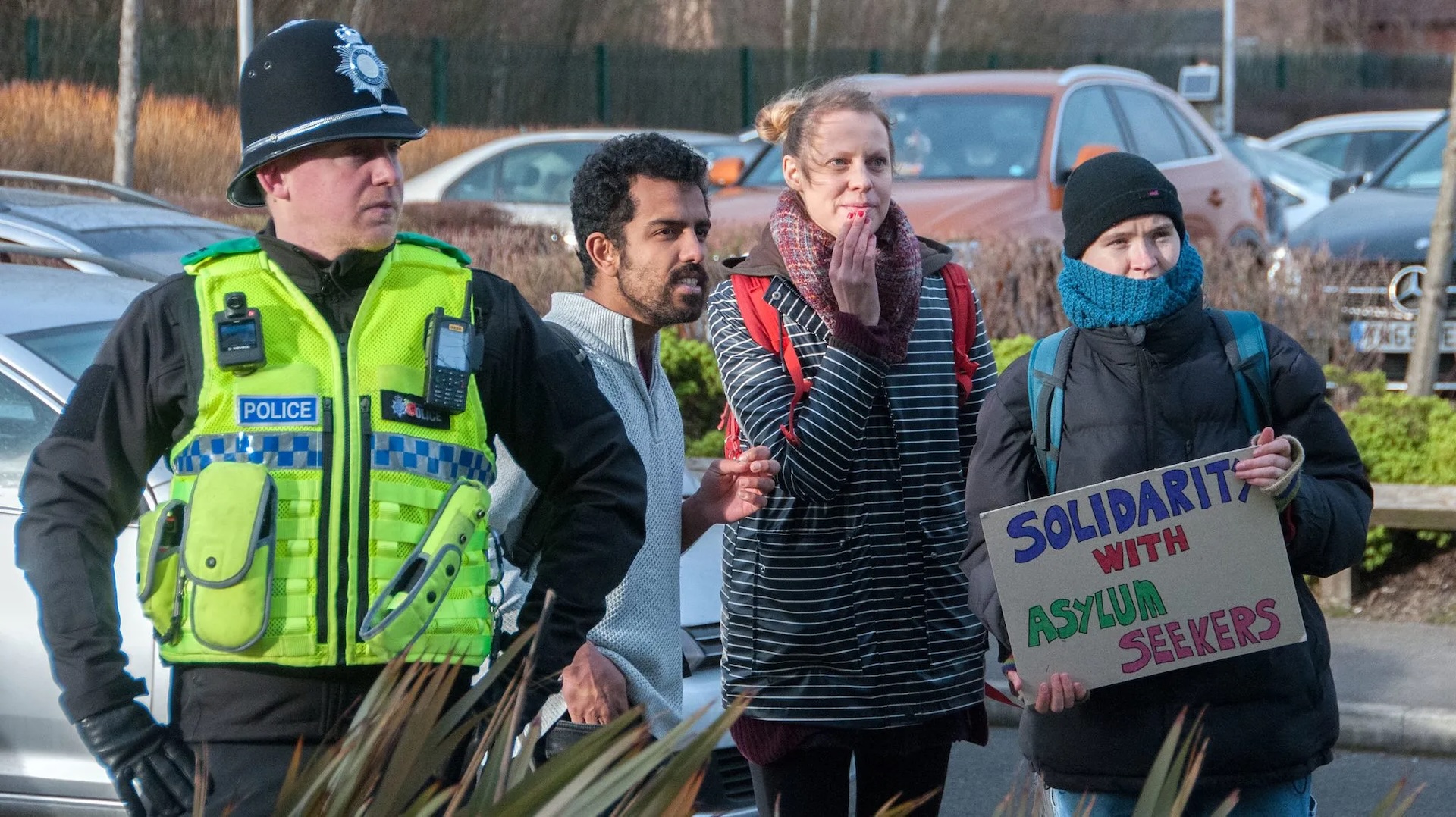It’s almost impossible to rest easy knowing that survivors of torture are living in unsuitable and, sometimes, downright dangerous accommodation. These spaces are often cramped, unhygienic, lack culturally appropriate food, and provide little comfort to the people I support.
I’ve recently worked with a woman, Inara*, who was put in a hotel room with her young child for several months. The level of anxiety that this caused her is difficult to describe. The room was very small, and Inara spent almost all of her time with her baby in bed as there was no other space. She said it reminded her of being detained back in her home country.
The tiny asylum hotel room was many miles away from the accommodation where she was previously staying. She no longer had easy access to a GP or other vital health services, including in-person therapy sessions. It took the Home Office six months to rectify their mistake and Inara’s mental health deteriorated. Luckily, through the welfare team at Freedom from Torture, Inara and her child were provided with stable accommodation. But there are so many other survivors who don’t have this support and simply fall through the cracks.
- Here’s the truth about asylum seeker hotels
- ‘I came here for safety and I’ve come into danger’: The grim reality of life in asylum hotels for women
As a senior psychological therapist at Freedom from Torture, my job involves using cutting-edge therapy treatments to support survivors of torture to make sense of their past and feel grounded in their new lives in the UK. While my work focuses on reducing the physical and mental consequences of trauma, I am increasingly hearing from survivors about issues with housing that have a huge impact on their wellbeing. Living in unsafe accommodation makes the hard work of rebuilding your life after surviving torture almost impossible.
Sara*, a 45-year-old woman who endured torture in her home country because of her involvement in political activism, is another survivor whose mental health was impacted by being forced to live in unsuitable housing with lots of other people. For those who’ve suffered torture and trauma, sharing a room with a stranger can seriously threaten their safety and recovery because it removes the privacy and control they so desperately need. Sara became very depressed in the shared home. Things got so bad that she never left her room and even considered suicide.

Unfortunately, being placed in crowded or unsafe accommodation is not the only housing issue I’ve encountered when working with survivors of torture. The government’s “move on” policy means that people who’ve recently received their asylum status only had 28 days to find new accommodation. This can be years after waiting for a decision on their asylum claim. A moment that should be a cause for celebration instead becomes just another difficult hurdle survivors have to overcome.





